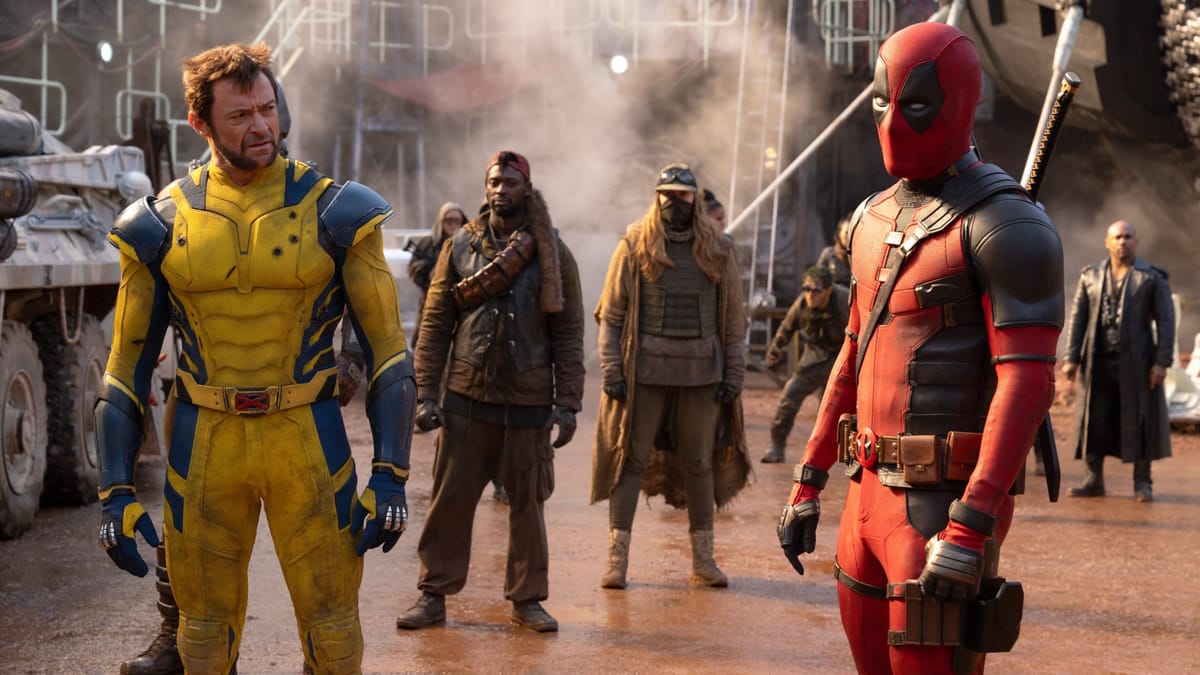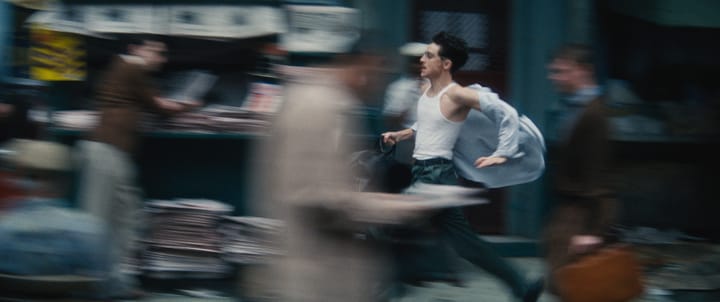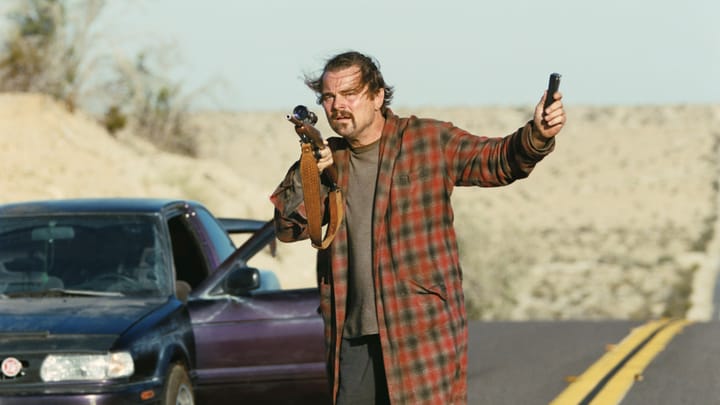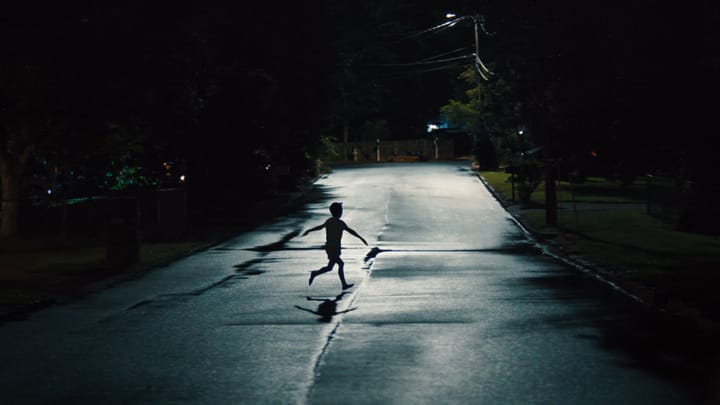Deadpool & Wolverine: Self-Aware Slop

The Marvel Cinematic Universe has been completely aimless for going on five years now – longer than it once took to get from 2008’s Iron Man to the first Avengers film in 2012. We’re now in Phase Five - unclear how or why that’s in any way distinct from Phase Four - and the universe is now so impossibly bloated that the only way to have the slightest grasp on what’s going on is to dedicate all of your free time to consuming the never ending onslaught of Disney Plus series. It’s almost certainly by design to simply become the only option for entertainment for anyone with the slightest bit of franchise FOMO, but for those trying just to keep up with the already exorbitant three to four films per year, the result is a lot of garbled nonsense that seems to have no idea where it’s going. Marvel Studios has reached a zenith with its algorithmically designed bloat – everything feels the same and nothing has any momentum. Films full of cheap self-referential humor, empty nostalgia bait, lazy cameos, frustratingly quippy dialogue; and flat, ugly visuals. Deadpool & Wolverine is the film to save them all: it’s exactly the same but this time the characters keep looking into the lens to tell you how it’s exactly the same.
Deadpool & Wolverine is a movie about the death of the 20th Century Fox Marvel Timeline that spends a considerable amount of time lambasting Disney’s overreliance on the multiverse. It’s a movie that goes out of its way to remind us that the Wolverine that died in Logan got the ending he deserved; that he couldn’t simply be resurrected, only to hop through the multiverse to find a replacement Wolverine that’s exactly the same, only with a colorful suit and a slightly more tragic backstory (a backstory full of flashes of imagery from Fox's X-Men movies, so what’s the difference). It’s a movie that makes condescending jokes about the idea of cheap cameos while farming out easy appearances from a generation of superheroes you haven’t seen in a little while longer than the other ones, using them to sling out catchphrases and slurs (Deadpool spiking the lens and making a joke about cancel culture after doesn’t just absolve you of all guilt). Most tragically, it’s a movie that does a cheap riff on Mad Max in the apocalyptic wasteland of discarded corporate IP that will be exponentially more successful than George Miller’s brilliantly inventive Furiosa.
Deadpool released after the first two phases of the MCU, and despite being unbearably snarky managed to feel like a breath of fresh air, something different now that an increasingly stagnant tone had been established. Deadpool 2 successfully balanced the overwhelming presence of the Merc with a Mouth with Josh Brolin and Zazie Beetz – and despite what The Fall Guy might have you believe; David Leitch is actually a highly capable stunt coordinator who knows how to shoot action. Shawn Levy brings the absolutely insufferable vibe of Free Guy to Deadpool & Wolverine, one where gags and cameos carry a flimsy narrative on a meaningless journey to nowhere. The narrative here is so poorly conceived that a character who might as well be named Mr. Plot Device just kind of tells Deadpool that it’s time to have a story because Disney owns him now.
To be overly cynical about it, it’s a disgusting display of IP exploitation from a corporation who continues to expand its monopoly on the arts, shamelessly cashing in on everything it just purchased by leveraging the rabid nostalgia of its fans. For better or worse, it’s too actively annoying for you to even stop to take a moment to think about that, a neverending barrage of insincerity, dated jokes (the Oscars slap is not worth referencing in 2024), and lowbrow humor that’s funny once or twice and really not funny the following ten or twenty times. It would be easy to dismiss its hollow narrative and exhausting shtick if it were at least visually engaging, Deadpool 2 was full of colorful neon setpieces and genuine action spectacle, but Deadpool & Wolverine looks like every other recent Marvel movie – a muddy, washed out mess whose most significant location is a barren desert, and whose biggest action setpieces involve groups of people running at each other across large empty landscapes. So what’s left?
For a movie that positions itself as the savior to the Marvel Cinematic Universe, its contribution is all but meaningless, rescuing a timeline that’s already irrelevant by reviving a character that was already retired and won’t come back again. For as much as Spider-Man: No Way Home was little more than a shameless nostalgia-grab that brought back a bunch of familiar characters only to write them with the same homogenous voice as world they were brought to, at least it managed to feel like a consequential narrative, where the established stakes were a direct result of Peter’s choices and the ending actually shifted the future of the universe. Here, you get the same shameless nostalgia-grab of homogenized voices, only there are no stakes and the ending essentially leaves us in the same place the last film did. That’s not to say that there’s no place for disconnected, standalone superhero films – in fact, they’d be an incredibly welcome sight these days – but Deadpool is constantly reminding us that it’s Disney’s world and contractual obligation has dictated the majority of the events in this film. Just because you acknowledge what you’re doing doesn’t make it any better, and if you keep saying you’re a cheap film full of lazy writing that’s a part of a larger, universe-wide downward spiral, it might just be true.





Comments ()